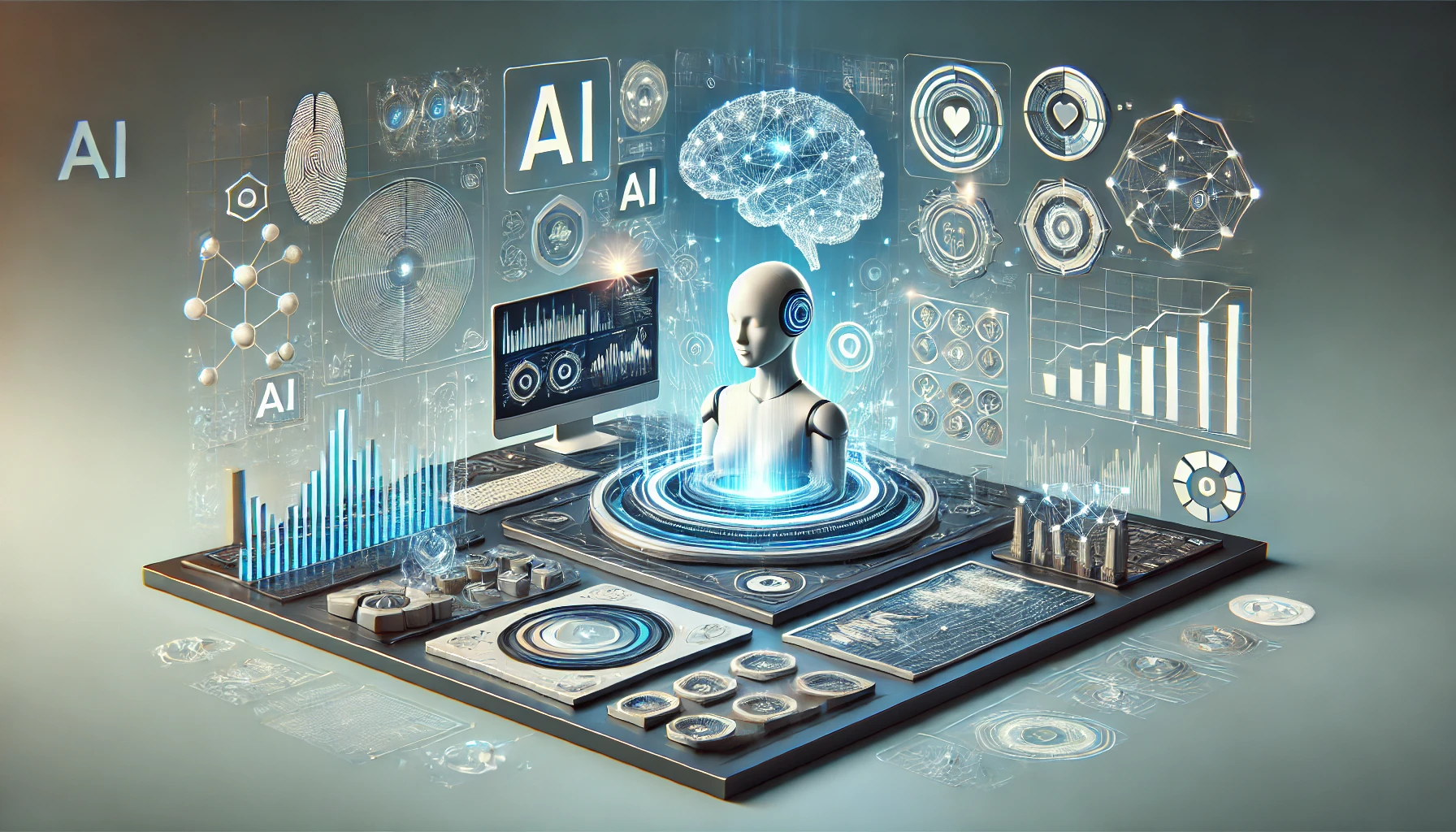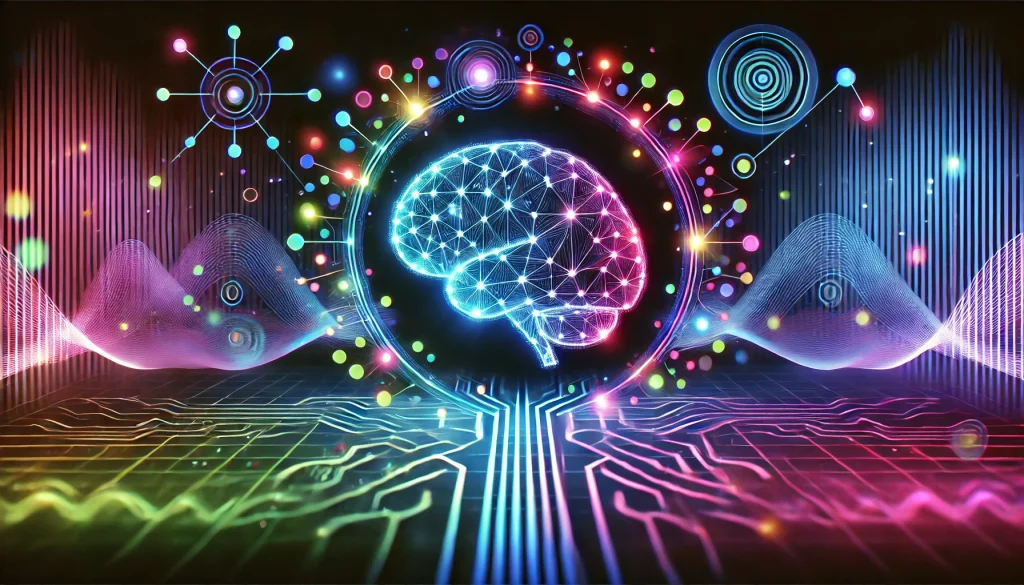Using AI in Personalising Marketing Campaigns

Artificial intelligence (AI) is revolutionising the way marketing campaigns are conceptualised, executed, and measured. By integrating AI technologies into marketing strategies, businesses are not only achieving greater efficiency but also significantly enhancing customer experiences. The ability of AI to process vast amounts of data in real-time and deliver personalised solutions has made it an essential tool for marketers worldwide.
Understanding AI’s Role in Marketing
AI has become a transformative force in marketing, reshaping traditional approaches and introducing innovative strategies. At its core, AI helps marketers analyse complex data sets, identify patterns, and make data-driven decisions faster than ever before. By using machine learning algorithms, businesses can predict customer preferences, optimise content delivery, and create more targeted campaigns.
One of the standout features of AI in marketing is its ability to learn and adapt over time. By continuously analysing user interactions and feedback, AI systems refine their algorithms, ensuring greater accuracy and relevance in campaign execution. Moreover, these technologies are highly versatile, finding applications in content creation, customer support, predictive analytics, and beyond. As a result, businesses leveraging AI not only gain a competitive edge but also enhance their operational efficiency significantly.
Key Benefits of AI in Marketing
The advantages of incorporating AI into marketing are manifold. First and foremost, AI empowers marketers with actionable insights derived from analysing consumer behaviour and market trends. These insights enable brands to craft more resonant messages that speak directly to their target audience.
Another significant benefit lies in personalisation. Through AI, businesses can deliver tailored experiences to each customer, whether it’s personalised product recommendations, dynamic website content, or customised email campaigns. Such targeted approaches improve customer engagement and foster brand loyalty. Additionally, automation powered by AI reduces the workload for marketing teams, allowing them to focus on strategy and creativity instead of routine tasks.
Implementing AI for Campaign Personalisation
The process of implementing AI in marketing requires careful planning and the right technological tools. To begin with, businesses need to establish clear goals for their AI-driven campaigns. These goals should align with broader marketing objectives, such as improving customer engagement, increasing conversion rates, or enhancing customer retention.
Once objectives are set, the next step involves selecting AI tools tailored to the business’s specific needs. From chatbots capable of providing instant customer support to advanced data analytics platforms that offer deep insights, the range of available AI solutions is vast. For instance, natural language processing (NLP) tools can analyse customer feedback, while predictive analytics models can anticipate future trends and behaviours.
AI also simplifies A/B testing by automatically identifying which campaign elements yield the best results. Such precision allows marketers to optimise campaigns in real time, ensuring they are always delivering maximum impact. When implemented effectively, AI not only enhances marketing outcomes but also boosts overall organisational efficiency.
Practical Applications
Practical examples of AI in marketing include the use of recommendation engines on e-commerce platforms, which suggest products based on browsing history. Similarly, dynamic content personalisation on websites helps create tailored experiences for each visitor, improving engagement and satisfaction. Other applications include voice recognition tools, programmatic advertising platforms, and automated customer support systems, all of which contribute to creating a seamless and interactive customer journey.

Challenges and Ethical Considerations
Despite its numerous benefits, AI in marketing is not without its challenges. The most pressing concern revolves around data privacy. With regulations like GDPR in Europe and CCPA in the United States, businesses must ensure compliance while collecting and processing customer data. Failing to do so can lead to reputational damage and hefty fines.
Another challenge involves addressing biases in AI algorithms. Biases can emerge from unbalanced training data or improper programming, potentially leading to discriminatory outcomes. Companies must prioritise ethical AI development, focusing on transparency, fairness, and accountability. Additionally, while automation is a strength of AI, over-reliance on it can sometimes lead to a loss of the human touch in customer interactions. Striking the right balance between automation and personal engagement is therefore critical.
Future Outlook
The future of AI in marketing is bright, with continuous advancements in technology opening up new possibilities. For instance, AI-driven augmented reality (AR) experiences are already being integrated into retail strategies, allowing customers to visualise products in real-world settings. Similarly, voice search optimisation and conversational AI are expected to play larger roles in the coming years.
As AI becomes more accessible and affordable, businesses of all sizes can leverage its potential. The emphasis will likely shift towards creating hyper-personalised experiences that go beyond basic segmentation. Marketers who embrace AI now are well-positioned to thrive in an increasingly competitive and digital-first world.
